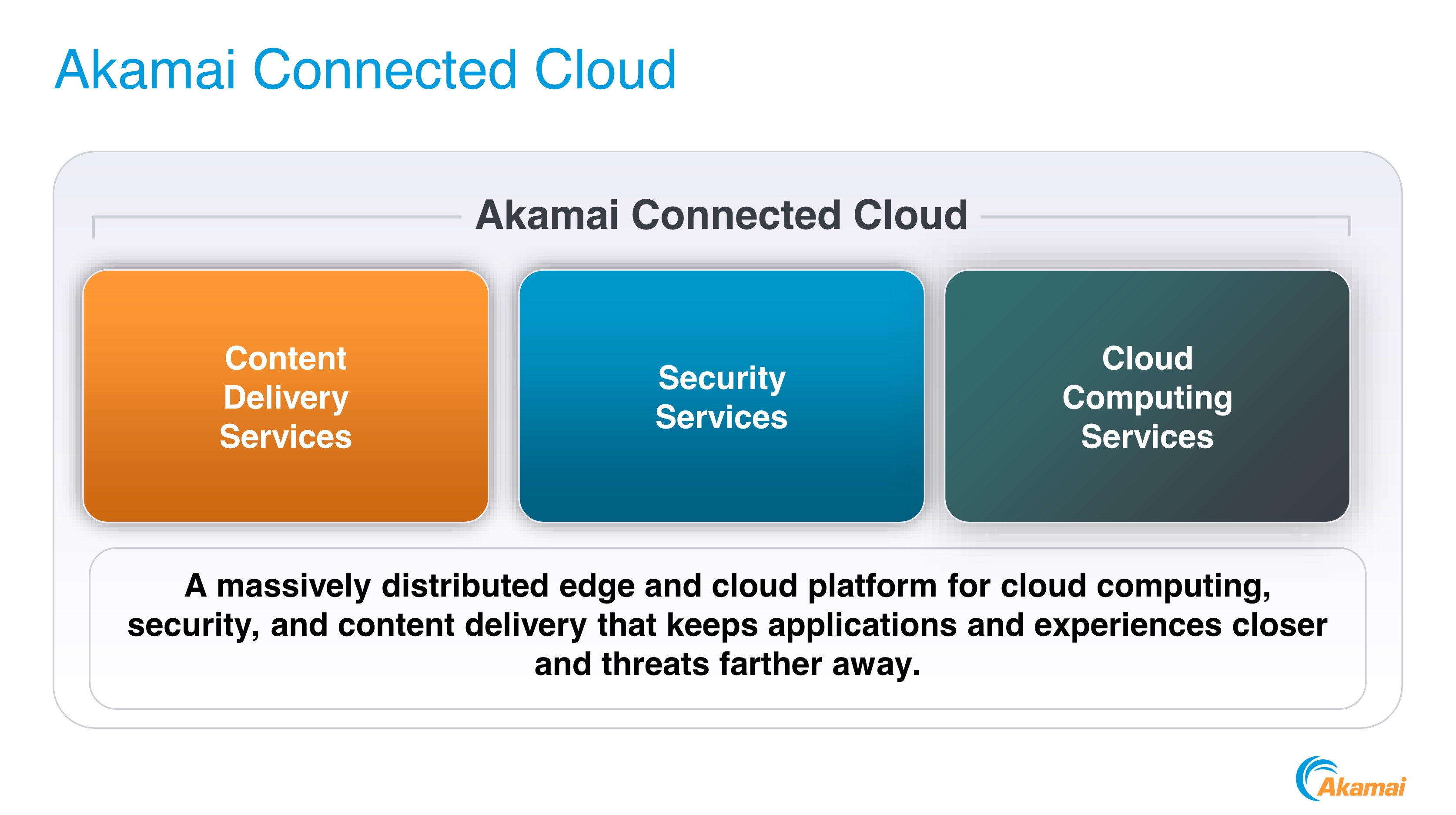[ad_1]
A year ago, Akamai acquired Linode for $900 million. At the time, Akamai said it wanted to combine Linode with its edge platform and security services. Unsurprisingly, that’s exactly what it is doing now, with the launch of its new Akamai Connected Cloud — a massively distributed edge and cloud platform that includes Linode’s existing 11 core sites, Akamai’s more than 4,200 edge locations in 134 countries, Akamai’s networking capabilities, as well as 50 new distributed local clouds which will roll out to just as many cities starting later this year.
Akamai, of course, has long been known for its content delivery network, and in recent years, it also added more security and edge computing capabilities to its network. Now it’s taking the next step by using the Linode DNA to build out a full-stack platform for developers.
“What Akamai had never done — and kind of the next evolution that we’re making — has been the place where developers could go to build their applications,” said Shawn Michels, Akamai’s VP of product management, in a press briefing ahead of today’s announcement. “So you’ve got this massive, globally distributed network that allows customers to deliver and secure. But now, we need a platform to allow customers to build. Through the acquisition of Linode and what we’re doing on our roadmap, we’re really building out our cloud computing services and technology. The first thing that we’re unveiling today is the bringing together of those three platforms or three sets of services on a single global platform to create the Akamai Connected Cloud.”
As part of this expansion, Akamai is also expanding the existing Linode footprint with 13 new core sites, including three new enterprise-scale sites in the U.S. and Europe, which will be connected to Akamai’s networking backbone. These new sites will go live in the second quarter of the year and become the template for the additional 10 new sites the company plans to launch worldwide over the course of the next year.
Note that Akamai deliberately calls these locations “sites” and not data centers. The company isn’t building new data centers for this but using colocation facilities — including some that Akamai is already using today.
“We’re taking a fundamentally different approach to cloud computing — building on 25 years of experience scaling and securing the internet for the biggest companies in the world,” said Tom Leighton, Akamai’s co-founder and CEO. “Akamai is building the cloud the next decade needs.”
Like some of the larger clouds, Akamai also plans to launch a number of small local sites in select cities where it will offer basic cloud capabilities that will provide low-latency access to its services to local customers. One difference to what the likes of Google and AWS are doing, though, is that Akamai wants to focus on cities that are in difficult-to-reach locations that are currently not served by its competitors.
Because of Akamai’s networking background, the company expects to be able to offer pretty aggressive egress pricing. When asked about the pricing, though, the company didn’t share any specifics, beyond its plans to offer very low egress pricing. “Our pricing will be extremely competitive. Given our ability to apply CDN-like economics to cloud egress costs, we expect we’ll be able to offer many enterprise customers egress pricing that could be 80% lower than what they’re accustomed to,” the company said.
[ad_2]
Source link

